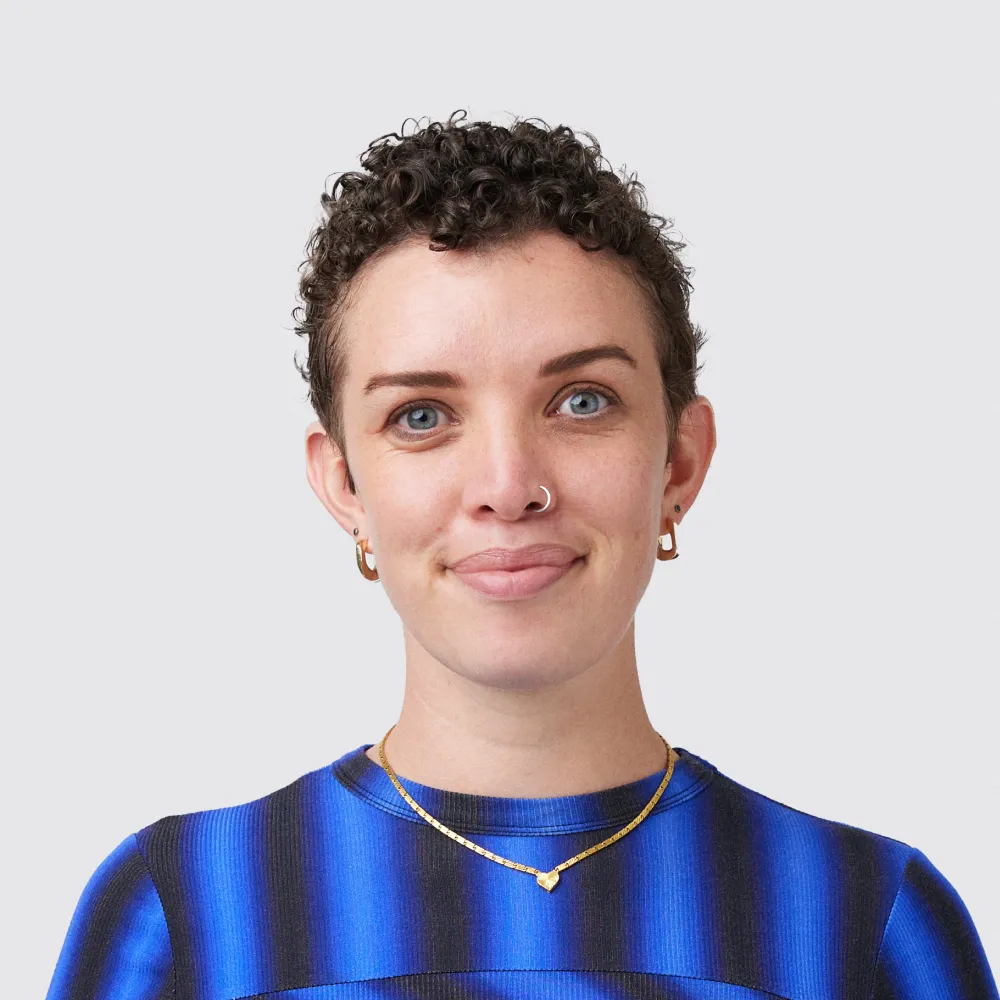The Yoorrook Justice Commission is the first formal truth telling process into historical and ongoing injustices experienced by First Nations peoples in Victoria.
At its core are Truth Receivers like Stephen Thorpe, of the Gunnai, Gunditjmara, Yorta Yorta and Palawa nations. For Stephen, truth, understanding and transformation all starts with a holistic yarn over a cuppa. One that holds space for people to share truths not only about the injustices committed against them, but the immense resilience they carry.
We had our own yarn with Stephen, to find out how he prepares people to feel safe and ready to share their truths, how other states can follow the path that Yoorrook has laid, and how we can build our own understanding as community members.
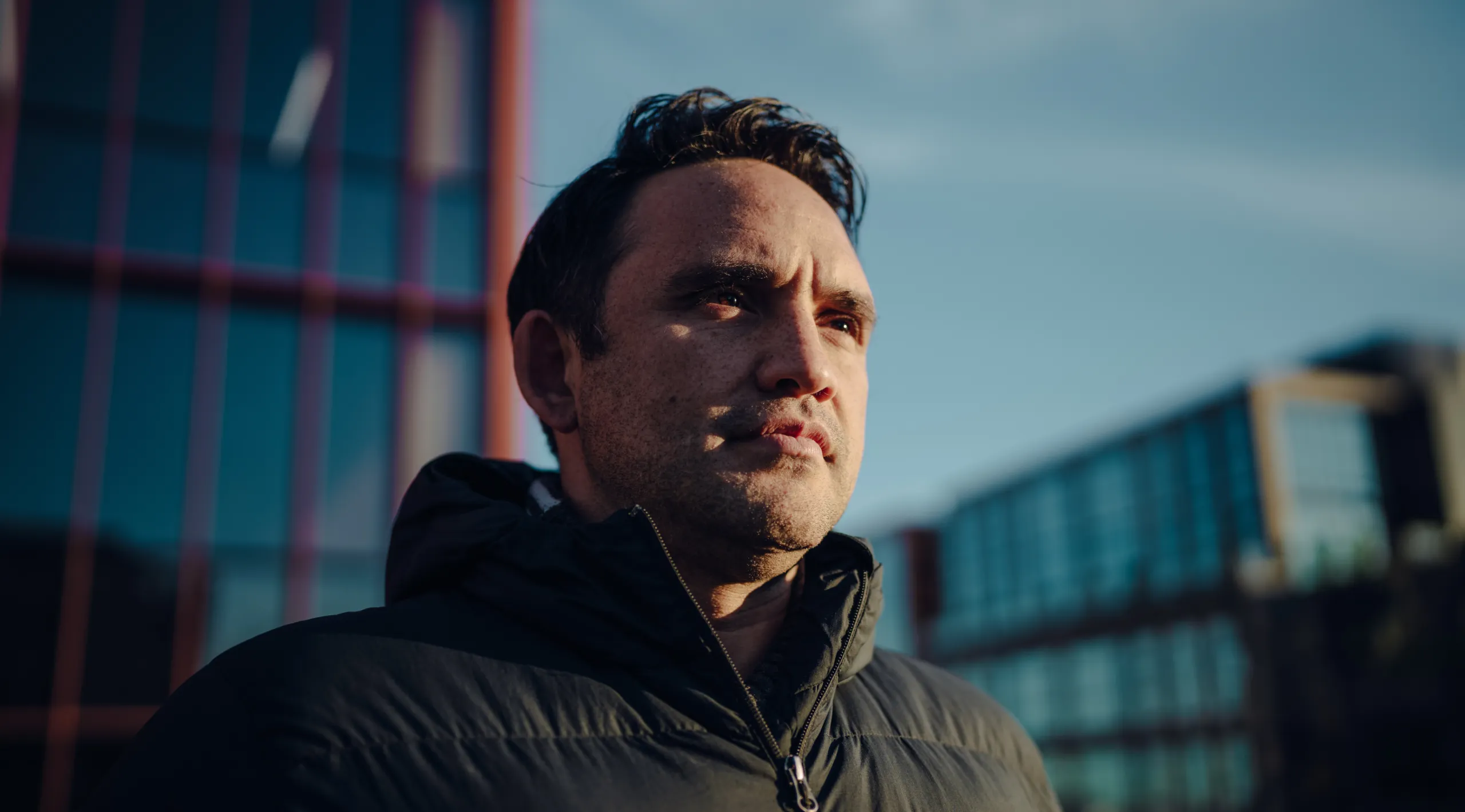
Stephen Thorpe, Gunnai, Gunditjmara, Yorta Yorta, Palawa man, and Truth Receiver at Yoorrook Justice Commission
Tayla Cooper, Studio Experience and Account Manager at Today
When somebody asks you what you do at the Yoorrook Justice Commission, how do you explain it?
I keep it quite simple, because I'm not into identifying too much with a 'role'. I think, as human beings, we’re much bigger than that. I'm a human being, and what I do is for the impact that I can create in this life. But, at Yoorrook I'm a Truth Receiver, and I tell people that. It's mainly the Aboriginal community that we're trying to connect with, because the Yoorrook Justice Commission, is actually the first formal truth telling process into the injustices experienced by our people since 1788 in Victoria. And my role is about actually hearing people's submissions into that commission.
My role is about building awareness of the Yoorrook Justice Commission; what it's about, what we've done so far, where we're heading, how people can be involved and what supports are in place. And then I guide people through that process. It's very valuable. I have a very privileged and honourable role; to be able to hear people's stories. It's part of my job to acknowledge people, and in that, I see my role as a healer as well.
I provide that space where, yes, we hear their truth and use it to create change within society or systems. But it's also about helping people find that self expression. Sometimes that can be challenging.
Preparing the person or the community member is really about clarity first. Giving them real clarity about what this process is and what it's not. And then really hearing what they are wanting to share.
Stevie Thorpe
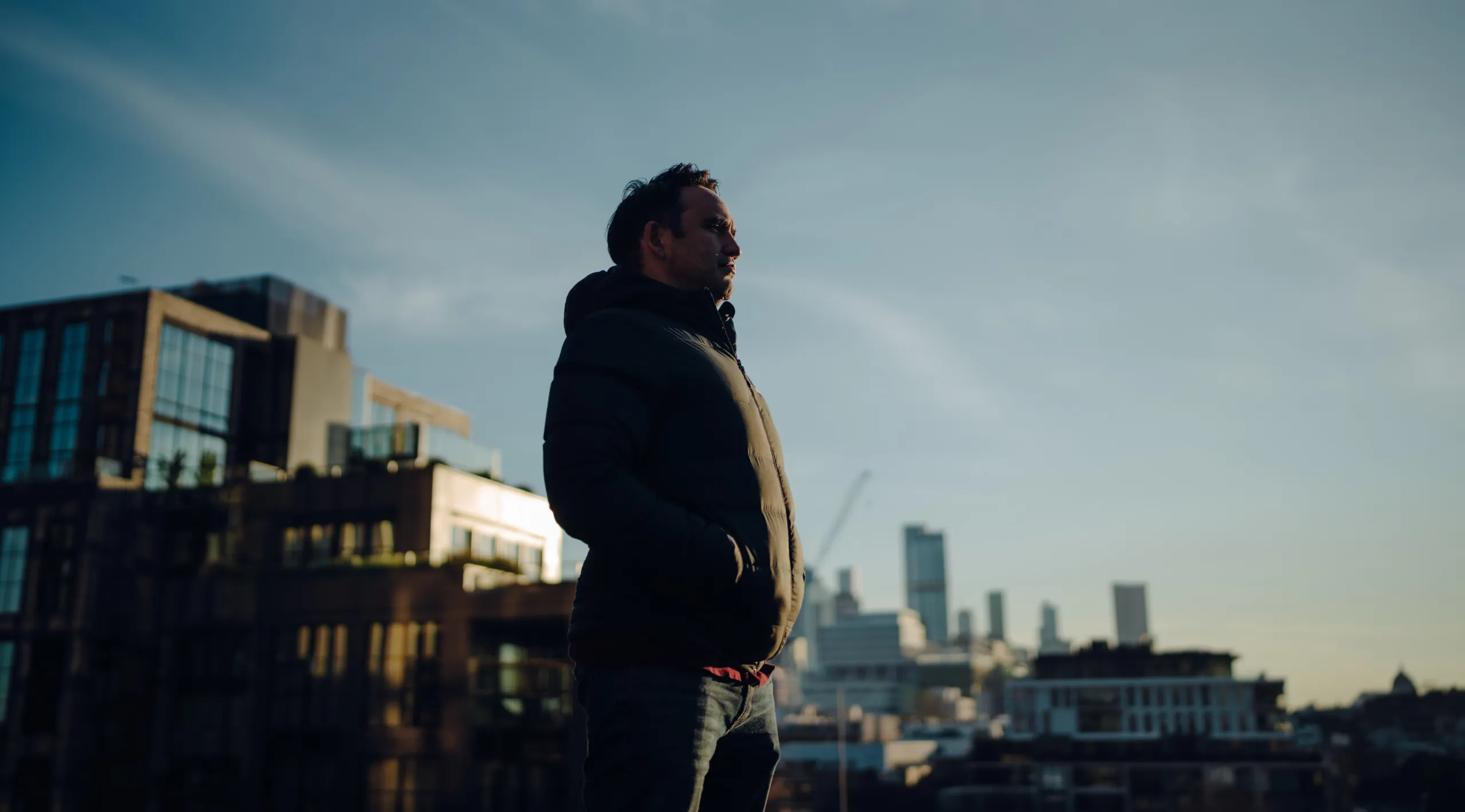
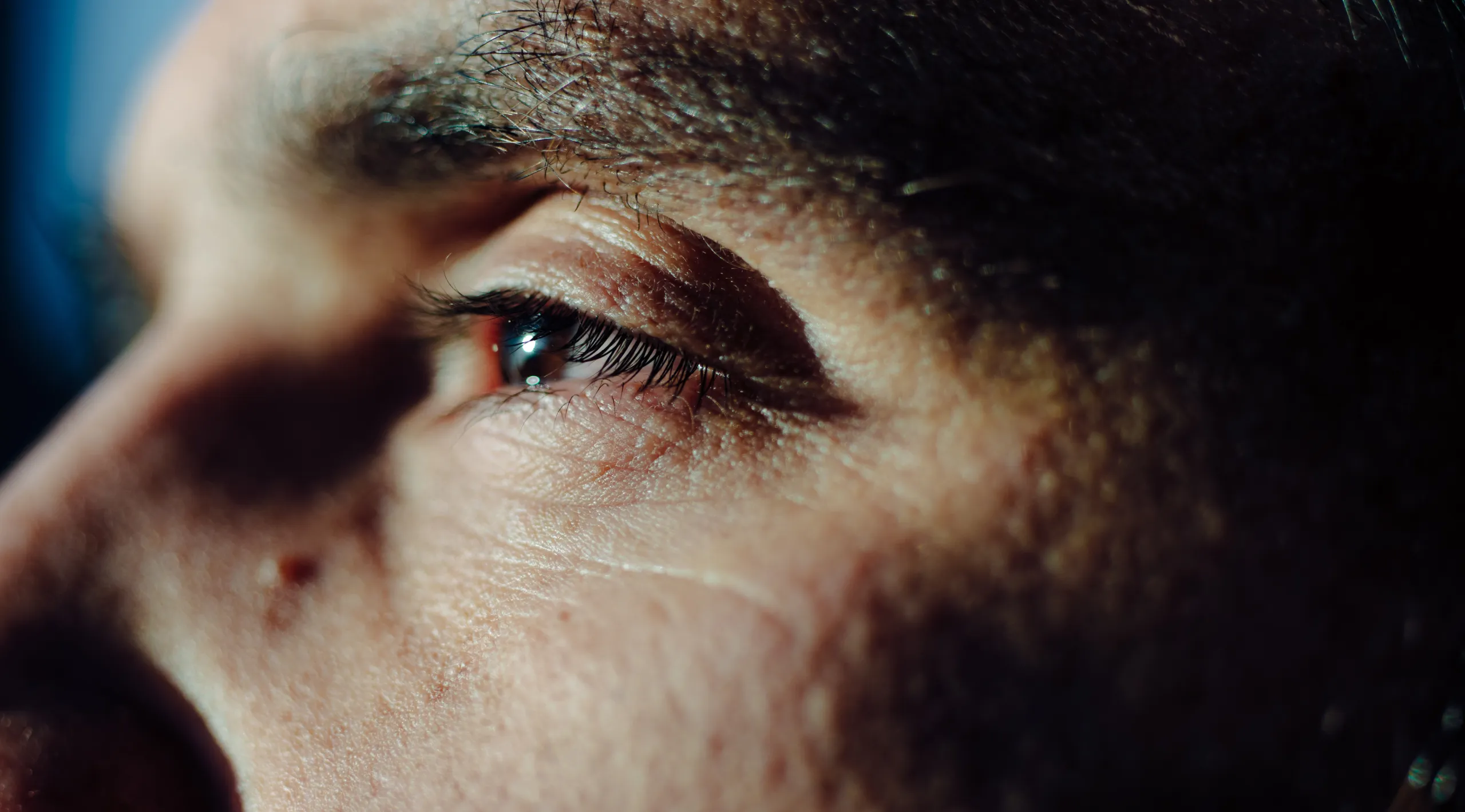
What is the most important way to set up those spaces so that people feel safe and ready to share their truth with you? How do you prepare the space? How do you prepare yourself? And how do you prepare them?
Preparing myself is a daily thing for me. I have a practice that I do every morning, and I try to stay in that presence throughout the day. It's quite a spiritual thing for me. I guess it's connecting to my own being. And I feel like that part of us is really untouchable. It's our mind and bodies which suffer a bit. So it can become heavy if I'm taking that load on board. So my morning practice really helps me to be able to clear and cleanse my own system.
Preparing the person or the community member is really about clarity first. Giving them real clarity about what this process is and what it's not. And then really hearing what they are wanting to share. But also being mindful that I don't want them to go into too much trauma over the phone before they record their truth because I don’t want them to have to go over their story all the time. I'm mindful of that.
I set up a pathway forward, I highlight that pathway to them, and then ask if they want to take that pathway forward. There might be more than a couple of people involved. So I set up a meeting with them to then articulate; how does this truth want to be told? That's the first aspect. And then it's about really just guiding that entire process until we meet.
When we meet, I need to get something from this person, but I don't lead with that at all. I actually just want to hear what they have to say, why are they here? And hear their story. Because yes, at Yoorrook, we're wanting to hear stories of injustice and the themes that they cover. But I also want to hear a holistic story about them. And I think that's good for a couple of reasons. Firstly, it allows people to not only go into the injustice, which is quite traumatic. It also leads into questions like; what does resilience look like? What does the future look like? What does joy look like? What does culture look like? So it's bringing all those aspects into a holistic yarn.
At Yoorrook, we're wanting to hear stories of injustice and the themes that they cover. But I also want to hear a holistic story about them. And I think that's good for a couple of reasons. Firstly, it allows people to not only go into the injustice, which is quite traumatic. It also leads into questions like; what does resilience look like? What does the future look like? What does joy look like? What does culture look like? So it's bringing all those aspects into a holistic yarn.
Stevie Thorpe
How do you support people in that path forward?
When people come and open and share their story, I might not be able to hold their full story. But if we can have a way forward from hearing their story, then that makes them feel like there's a sense of holding there. And there's structure around it. I'm quite mindful when we do go into the story to notice when somebody's going into a triggered state. And then, firstly, I try not to go into that state myself. Secondly, I try to guide the conversation in a way that's nurturing. It's about me softening into just compassion and love. I think that's the best that I can do at that point. And that's the best I can do for me as well, and that's about sustainability. If I'm in a calm and loving space, then hopefully that can transmit.
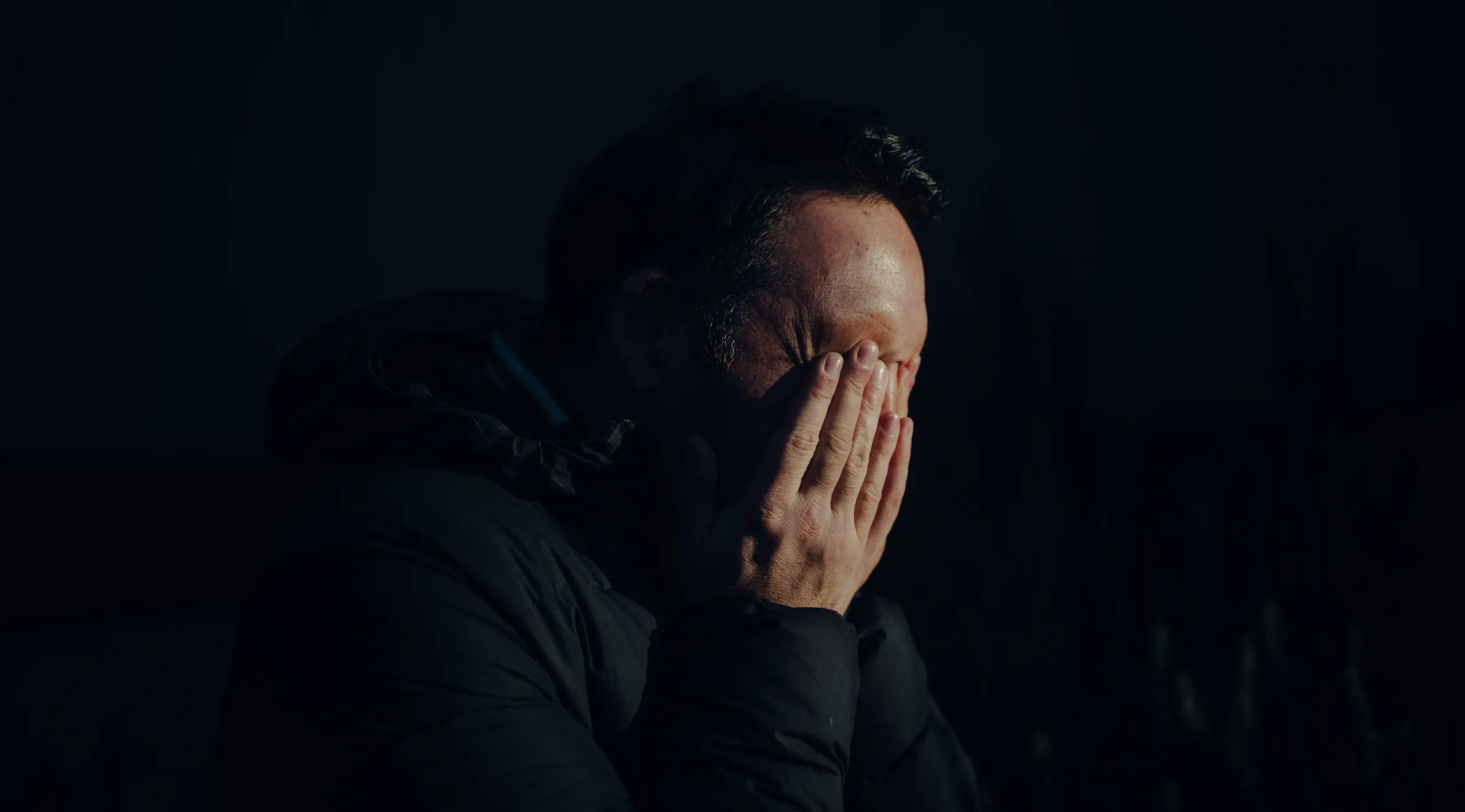
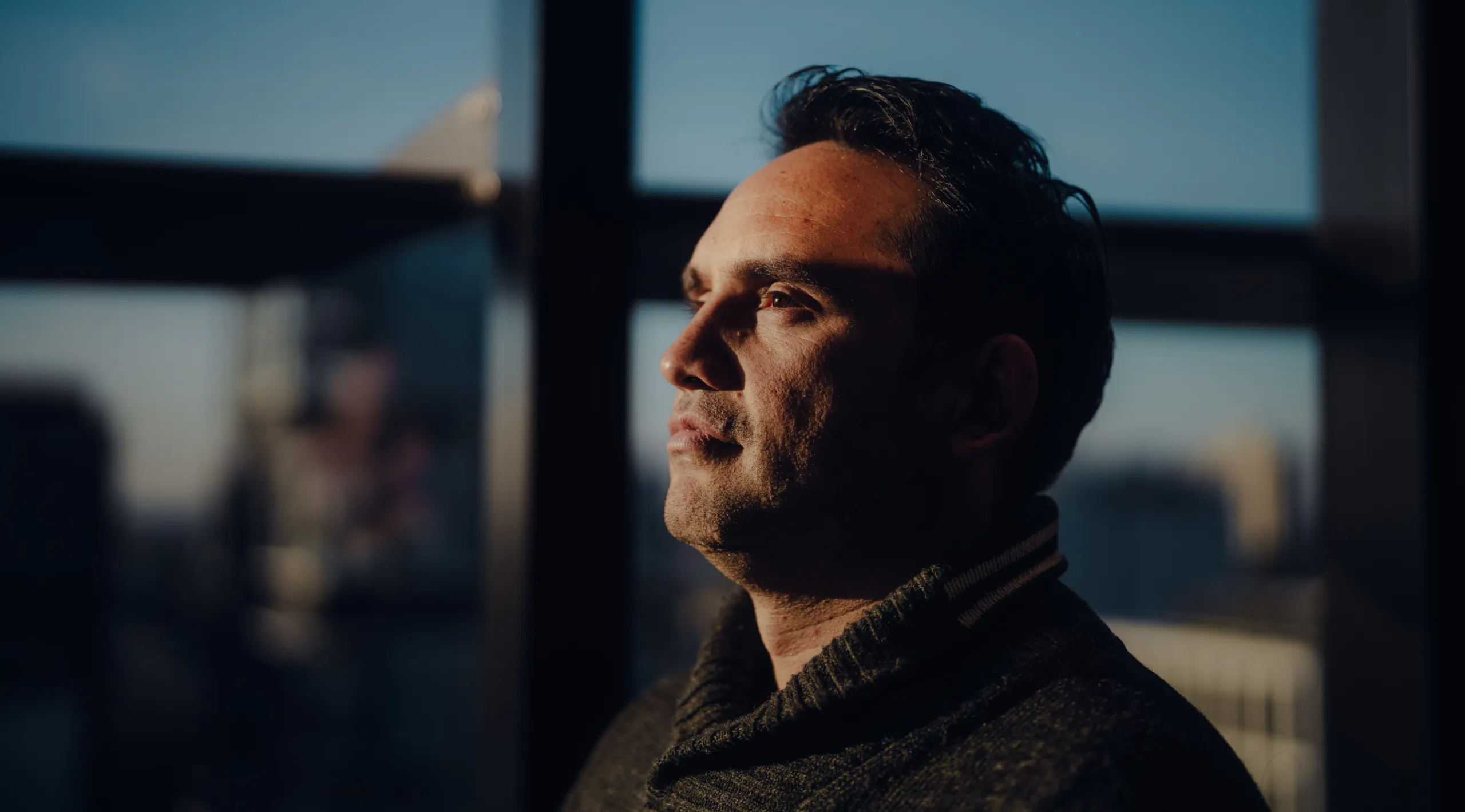
How is the process different if you’re receiving a truth from a younger person? How does the support you offer change?
With younger people I've always taken the approach of not expecting them to go deep into all this injustice. I try to keep it as light as possible, but also want to hear their truths as well. Sometimes it's about thinking creatively. We did a few sessions where young people told their truth by creating art, being in front of a camera.
It's about keeping it shorter and keeping it future focused because our young people are about the future as well. It's not like they've got all this experience in life and all this sort of stuff to draw on, although they do have a lot of stuff to offer. But for me, it's their future. So it's looking more at what needs to change. Unless they have been through a lot, which is sometimes the reality. And then again, it's a similar approach; holding that compassion and love.
The Yoorrook Justice Commission is the first formal truth telling process into historical and ongoing injustices experienced by First Nations peoples in Victoria. What do you hope comes from this process that other states can build on? What could they try to emulate? And what would you hope that would look like?
For us, the three pillars are: truth, understanding and transformation. So we hear and share that truth. And that can have a therapeutic benefit for ourselves. But also, it's about fostering that greater understanding within the wider community through the public record. That's about educating our community. A lot of the submissions are already on the website and available for people to look at. We've got videos, we've got written stuff, there's lots of information already there. So that's about developing that understanding.
My hope would be that action is taken on a lot of the critical things that need to change. Yoorrook will stand by itself in terms of its own recommendations. But the treaty process will also be informed by the Yoorrook Justice Commission.
The work that the Yoorrook Justice Commission is doing feels really sacred and important. What is the best way for people to get involved and build their understanding?
Stevie: The simple answer is staying up to date. The public hearings are there. There's the official public record, which we're working on developing as well. That's going to be one of the bigger outcomes for the mainstream community. Then, the Yoorrook Justice Commission is hearing truths from non-First Nations people as well. So there's that option too. I guess, truth at a fundamental level, is about removing illusions. When I think about that, at a personal level, I think: what limiting beliefs do I have? A limiting belief represents a boundary that I've set up. So in order for me to grow, how do I consciously breach that boundary? And that's my offer to everybody; what does that look like for you?
Truth at a fundamental level, is about removing illusions. When I think about that, at a personal level, I think: what limiting beliefs do I have? A limiting belief represents a boundary that I've set up. So in order for me to grow, how do I consciously breach that boundary? And that's my offer to everybody; what does that look like for you?
Stevie Thorpe
I think we have a collective karma. The state of how things are now is a compilation of all of our past actions. Not just our own actions, but the actions of past generations. It's not about going, “Oh, the weight of the past is on us.” But it is about going, "yes, what I do and the way that I think today has ripple effects into the future." All of those things have positive or negative implications for ourselves and for others. So that's important, isn't it? And when life is short, which it is, it's about not wasting it. Doing the best that we can. So that's what I'd say.
